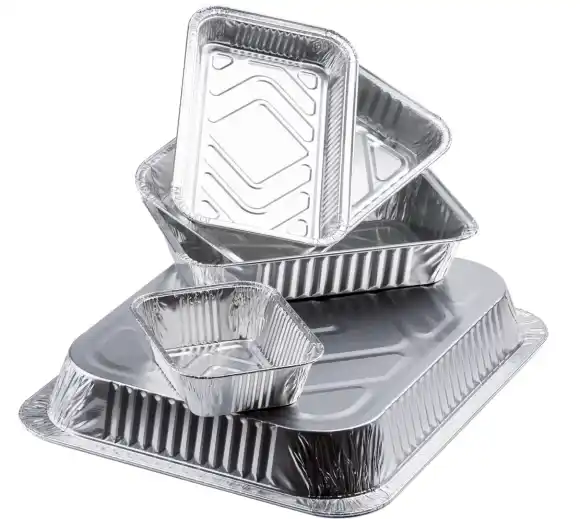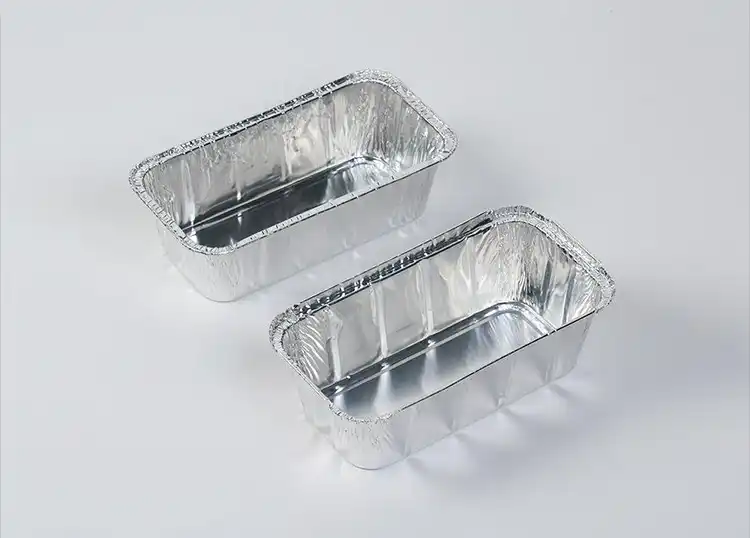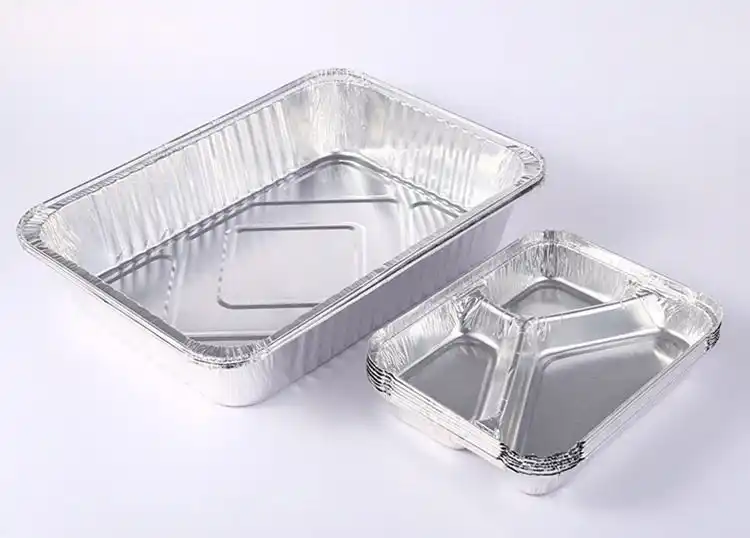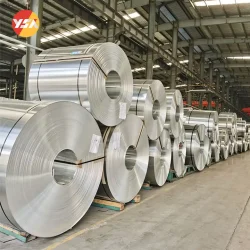
When it comes to the need for packaging as functional and efficient as it is versatile, aluminum has been a go-to material. In particular, aluminum lunch boxes have emerged as an invaluable resource — lightweight, profoundly adaptable, and boasting a natural resistance to corrosion. But behind these products lies the science of materials, namely, the specific aluminum alloys employed by manufacturers. In this article, we will explore the key aluminum alloys that are integral to the production of aluminum lunch boxes.
Primarily, the bulk of aluminum lunch boxes produced worldwide typically employ one of two key alloys: 3003 aluminum and 8011 aluminum.
3003 Aluminum

Appreciated for its excellent formability, corrosion resistance, and good solderability, the 3003 aluminum alloy stands composed primarily of aluminum, complemented by a significant proportion of manganese. This combination of material constituents allows for the creation of containers that are both sturdy and capable of maintaining the freshness of the contained food content. Moreover, they provide sufficient resistance to various environmental elements, thereby preventing potential degradation of food quality.
The presence of manganese in the 3003 alloy improves the foil’s strength compared to other pure aluminum alloys. While not necessarily adding to the hardness of the alloy, the manganese component certainly enhances the material’s durability — a feature particularly appreciated for lunch boxes that may frequently be transporting food items.
8011 Aluminum

On the other hand, 8011 aluminum is also extensively used in the fabrication of foil-based food containers. Celebrated for its exemplary obstruction capabilities, high resistance to moisture, and effective shading properties, 8011 aluminum foil is a non-toxic material that ensures hygienic conditions are uncompromised. This extremely clean surface of the aluminum foil ensures that no bacteria or microorganisms can breed on the surface, making it far safer for food packaging.
The characteristics of the 8011 aluminum alloy lend themselves beautifully to molding and shaping processes. This means individual lunch boxes can be tailored to demand, whether it be basic circular dishes or more intricate boxes with different compartments for various food items. The versatility of 8011 aluminum alloy is hence a huge advantage.
3003 vs. 8011 Aluminum
Both 3003 and 8011 aluminum foils feature strengths applicable to the manufacturing of lunch boxes; however, a few subtle differences between the two might influence the preference of one over the other by manufacturers.
For instance, while both foils provide resistance to moisture and corrosion, the 8011 alloy’s slightly higher obstruction performance makes it particularly attractive for use in containers expected to hold juicy or watery content. Meanwhile, the 3003 alloy’s superior formability can prove beneficial when more complex shapes or intricate details are needed in the lunch box design.
3003 vs. 8011 Aluminum
The choice between these two aluminum alloys is largely situational, highly dependent on the specific demands of the lunch box to be produced. However, irrespective of whether the 3003 or 8011 aluminum alloy is selected, the output invariably remains a durable, hygienic, and reliable lunch box. These aluminum lunch boxes provide an effective solution for food storage and transport while being environmentally friendly due to aluminum’s recyclability.
Undeniably, understanding the distinctive qualities of these aluminum alloys and their use in manufacturing allows us to appreciate the science behind everyday products like aluminum lunch boxes. They underscore the importance of aluminum, a versatile, abundant, and sustainable material with a myriad of applications in our daily life.
FAQ
Is aluminum foil safe for food storage?
Yes, aluminum foil is generally considered safe for food storage. Many people use it for covering food items for storage in the refrigerator or for wrapping items to cook in the oven or on the grill.
Does aluminium react with food items?
While aluminium foil is generally safe for use with food, there can be instances where the foil may react with the foodstuff it’s in contact with. This is especially true in cases involving acidic or spicy foods, and at elevated temperatures.

